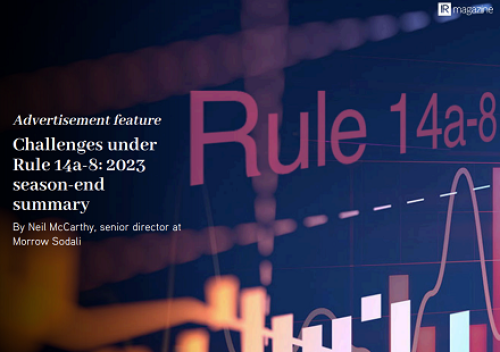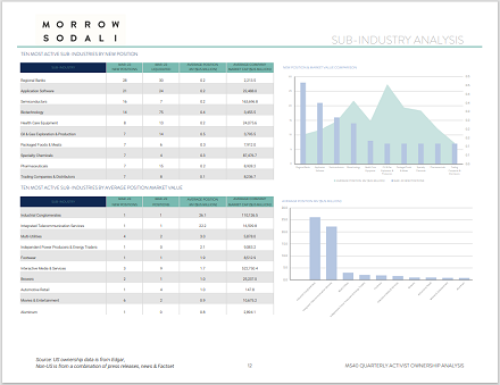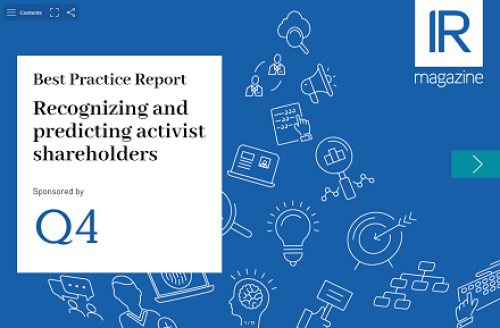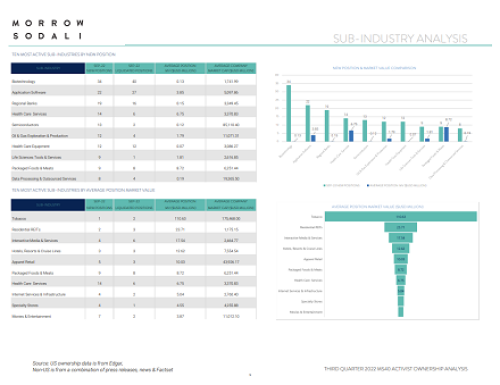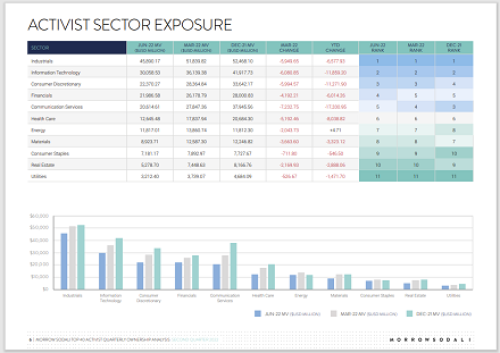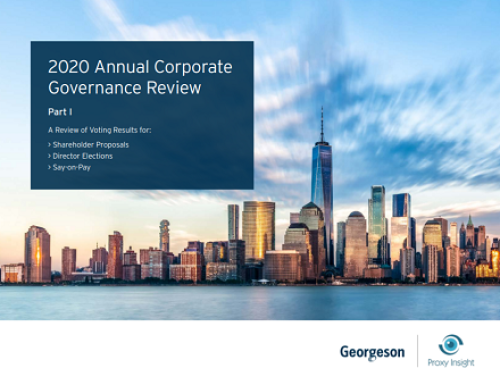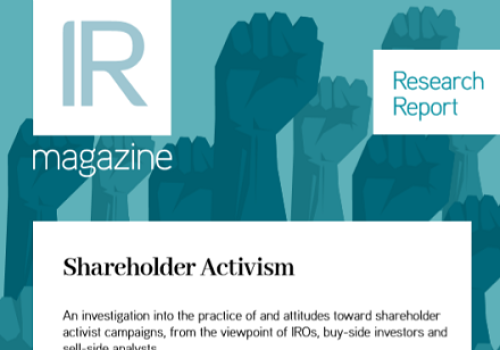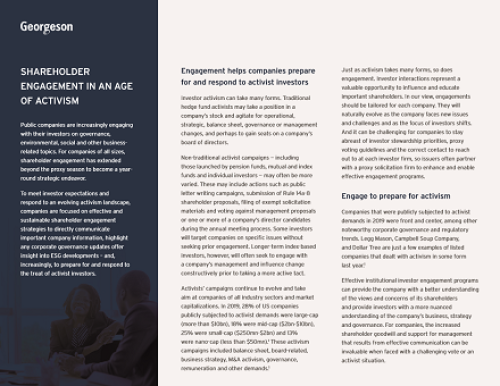Activists exploiting Germany’s two-tier corporate structure
German companies are increasingly coming under attack from activist investors and some have identified a peculiarity in German management systems that they can take advantage of, warns Kay Bommer, managing director of Dirk, Germany’s IR society.
Bommer says Dirk has noticed activist investors are becoming more confident and are ‘loudly voicing their concerns’ in Germany.
In the past German companies have not had to deal with activist issues as much as their UK and US peers: 27 German companies faced public activist campaigns between 2010 and August 2016, compared with 147 in the UK, according to data from Activist Insight.
‘I think investors have a right to be assured that corporate governance issues are dealt with in an appropriate way, and they are now taking that [right] more seriously than in the past,’ says Bommer.
Two-tier advantage
Foreign investors, which are increasingly taking stakes in German companies, have noticed a particularity in the system that they can benefit from.
Germany has a two-tier corporate structure, consisting of separate supervisory and managing boards. The supervisory board typically includes representatives of employees – who clearly are not independent of the company – as well as representatives of controlling shareholders. The head of the supervisory board is there to consult the management board, but not the run the company.
Activist investors have been approaching the supervisory board and its management to find out what is going on in the company. ‘[The activist investors] have discovered they can use the supervisory board to get what they want, get more information and have their ideas heard,’ Bommer explains. In his opinion this is what occurred at generic drug maker STADA, the latest high-profile activist case in Germany.
The company came under attack from German investment firm Active Ownership Capital, which took issue with STADA’s low revenues, high running costs and opaque accounting. The company had a 14-hour annual general meeting at the end of August where it voted out Martin Abend, the chairman of the supervisory board.
Bommer thinks this could be a first in German history. ‘Given that Abend is not running the company itself, it’s quite amazing he has been pushed out,’ he says. ‘In the past, particularly for a large company, the head of the supervisory committee was just an elderly grayed-haired body [heading for] retirement. Now, however, it’s more like a full-time job.’
The management and supervisory boards used to work together, but they are now ‘eyeing each other with cautiousness,’ Bommer adds; it is this trend that he finds problematic.
Dirk, with the help of EY, has devised some guiding principles to help German supervisory boards interact with investors. The report, which was published in July this year, lists eight principles to establish a framework for conversations between the two sides.
Are German IR teams prepared?
German investor relations teams tend to be larger than some of their counterparts worldwide. Bommer says that in general they are aware of the changes, but he recommends they prepare for more inquisitive and demanding investors.
‘You can see some companies that might be run quite well, but are run as a family business,’ he details. ‘If that is the case, they should be aware when dealing with investors that [they can’t take that approach]. They need to take into consideration that their policy needs to be more open.’
He also points out that Germany is not alone: activist activity has been increasing drastically across the globe since 2010, when there were just 78 activist campaigns in the first five months of the year. In the same period in 2016, that number had jumped to 194.
‘I think it’s a general change in capital markets and the way people think,’ Bommer concludes.

